The CCTST Biostatistics, Epidemiology and Research Design (BERD) Program offers both methodologic guidance on research projects and extramural grant application support to investigators at both UC and CCHMC.
METHODOLOGIC GUIDANCE ON RESEARCH PROJECTS
BERD provides free 1-hour consultative services to investigators who desire methodologic guidance for their research projects. Information to be discussed during the consultation may include (but is not limited to):
developing and refining study hypotheses
guidance regarding a statistical analysis plan
guidance regarding data management needs
BERD will refer investigators who require additional support beyond the 1-hour consultation to the appropriate services.
EXTRAMURAL GRANT APPLICATION SUPPORT
For faculty members who are developing an extramural grant application, BERD provides a wide range of support services towards the grant submission. These services include (but are not limited to):
help refining hypotheses
study design
creating the statistical analysis plan (including power/sample size calculations),
assisting with preliminary data analysis.
BERD Vouchers
If assistance is needed for purpose of an extramural grant application that exceeds the 1-hour consultation, BERD vouchers can be awarded to supplement the cost of BERD methodologist and services. Services covered by the voucher system include (but are not limited to):
Study design
Development of a statistical analysis plan
Statistical analysis of preliminary data
SPECIAL VOUCHER OPPORTUNITIES
For faculty members who hold K-equivalent career development awards (e.g., KL2, K08, K25), BERD supports the services above, as well as provides statistical analysis and data management services. BERD vouchers can also be used for these services.
Voucher coverage has also been recently expanded for URM investigators to support a variety of other research needs, such as statistical analysis for manuscript submissions or internal grant applications.




